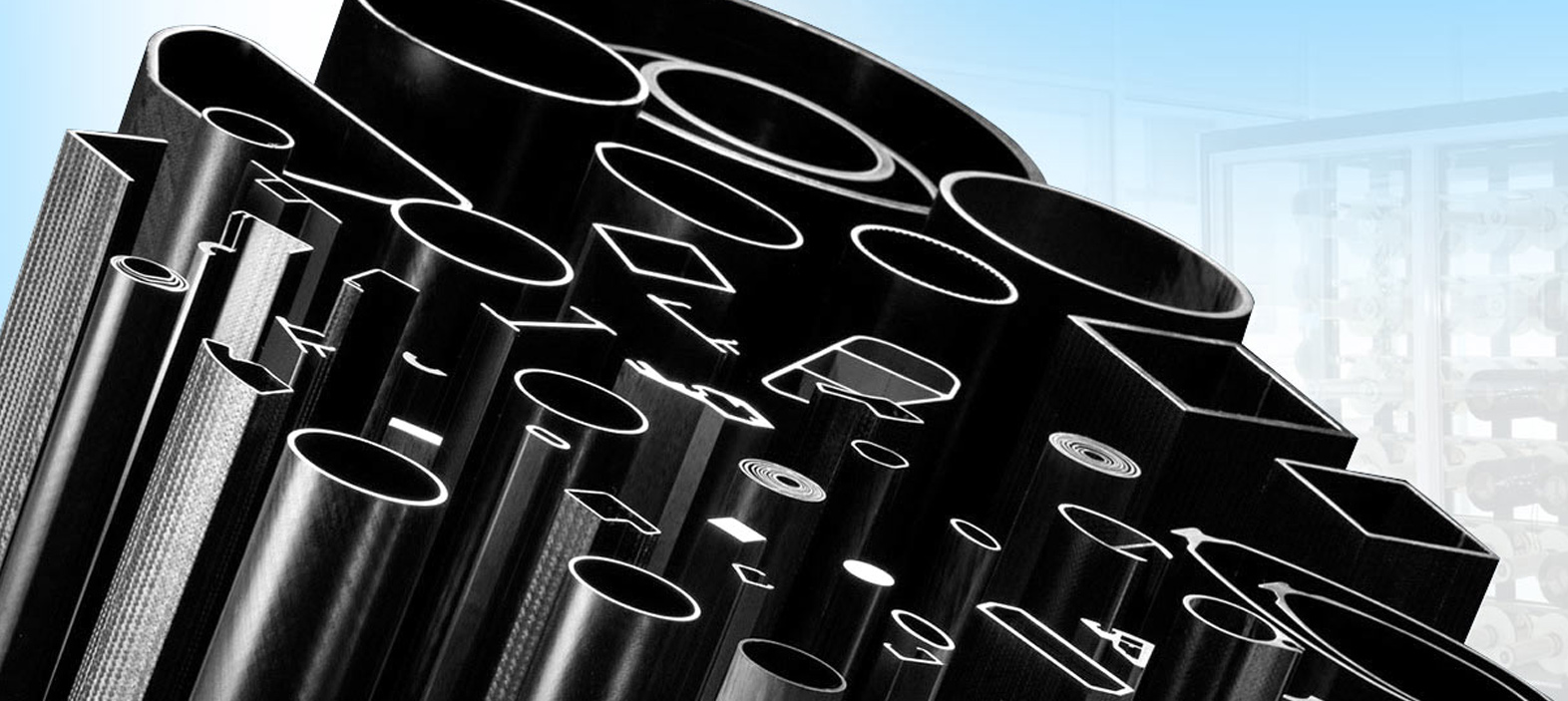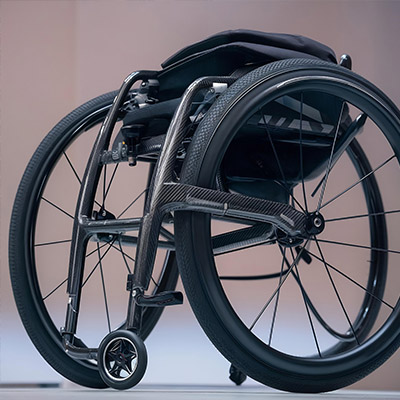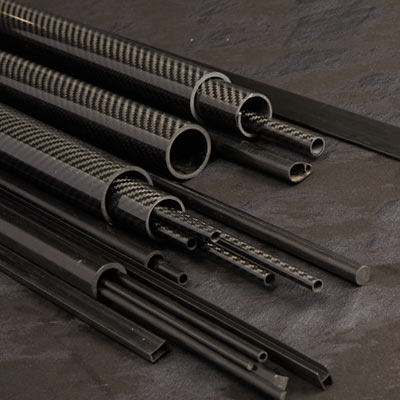
4 Questions to Ask a Composite Material Supplier?
👁 Reads: 788
Composite materials are a versatile and resilient option for various industries, offering strength and durability while also being lightweight, making them ideal for many applications. However, it is important to ensure that you are working with an experienced and reliable carbon fiber composites material supplier who can meet your exact needs. When selecting a composite material supplier, it is essential to ask the right questions to ensure you get the best product and service. Before you buy carbon fiber, here are four key questions to ask a composite material supplier to help you make an informed decision.
Questions to Ask a Composite Material Supplier?
Composite materials are widely used in many industries, from aerospace engineering to consumer products. If you’re looking for a Carbon Fiber Composites material supplier, it’s important to choose one that can meet your needs and specifications. To help ensure that you make the best choice for your project, consider the following four questions to ask your potential composite material supplier.
1. Are Composite Materials Sustainable?
Composite materials are a widely used and versatile material that can be employed in a variety of industries in the form of fibers, resins, and plastic composites. Composite materials are a combination of two or more materials with complementary properties, allowing them to form a unique material with unique properties. The sustainability of composite materials is a frequently asked question, as a result of the nature of their production and use. Composite materials are typically made from renewable sources, such as glass fibers, which are often recycled, and matrix materials that are often composed of a bio based resin, such as soy-based epoxy. Also, composite materials can be recycled many times, with little or no drop in performance, resulting in a much smaller environmental footprint. In addition, composite materials are lighter than alternative materials, leading to a decrease in fuel consumption during transportation and manufacturing. This, combined with their strength and durability, makes them an ideal choice for sustainable projects.
2. Is this Composite Materials Resist Against Corrosion?
You must find out the specifics of the material. Carbon Fiber Composites materials come in a variety of forms, and each has different levels of resistance to corrosion. Depending on the environment and application, corrosion resistance can be quite varied. For example, some materials may resist corrosion in a basic, neutral or acidic environment better than others. Additionally, some materials may be more prone to rusting than others, so it’s important to assess what the end use of the product will be. In most cases, composite materials are composed of glass, roll-wrapped carbon fiber, or aramid fibers, so the presence of these materials can make the material more corrosion-resistant. If a product is used in a highly corrosive environment it may be beneficial to ask for a coating or treatment to further protect the part. Knowing the end use of the part and the environment it is exposed to will make it easier for the supplier to determine the correct material for the application.
3. Will it be lightweight yet strong?
It is important to know the specifics of the application before making any decisions. The weight and strength of the composite material will depend on the type of fiber used, as well as the resin and core material that are used. Moreover, the manufacturing process may also determine how strong and lightweight the end product will be. For example, the right combination of fiber and resin can create a very strong yet lightweight composite material, while the wrong combination can result in a material that is both heavy and weak. Furthermore, the thickness of the Carbon Fiber Composites material can have an impact on its overall strength and weight. A thinner material may be lighter yet still have the strength of a thicker material. Therefore, it is important to discuss the application and desired end result with the composite material supplier to determine the best combination of materials and thickness for the job at hand.
4. Do You Need to compromise on design?
When asking a pultruded carbon fiber composite material supplier if a customer needs to compromise on design, the answer depends on the specific needs of the customer. Generally, a well-established composite material supplier will be able to provide a wide range of custom solutions to meet the customer’s needs without compromising on design. In addition to providing custom designs, the supplier should also be able to provide the customer with the latest materials, technologies and techniques to ensure their design can meet their requirements. By leveraging a comprehensive range of materials, technologies and techniques, the supplier should be able to provide the customer with a design that meets or exceeds their requirements without compromising on design. Additionally, the supplier should also be able to advise the customer on the best options for their specific design needs, taking into account cost, performance and other requirements.
Choosing the right composite material supplier is essential to the success of any project. Asking the right questions will help you to find the supplier that can provide you with the materials you need, when you need them.





